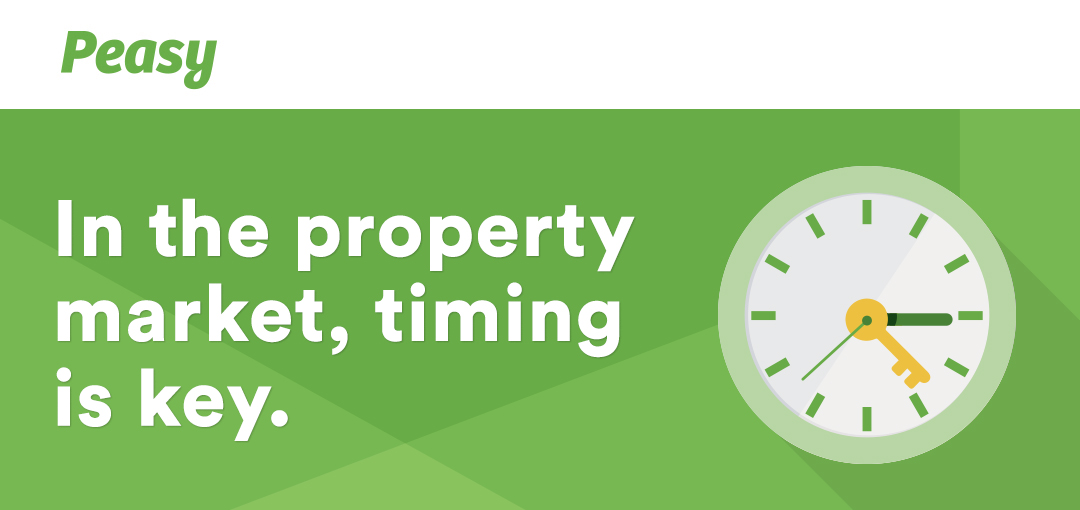We’ve been getting quite a few questions around the COVID hardship initiatives introduced by the government and as such have been doing some research with our lenders and the ATO to work out if and how it will affect our clients loan applications.
What we’ve found is that all banks and lenders will ask questions around the nature of the applicants making use of these initiatives and understandably so. If a client is, or has recently been on hardship, then applying for a loan does sound a little counter intuitive. As we know though, there are always exceptions and explanations for why this shouldn’t affect your loan application, and thankfully there are some lenders who agree.
- COVID-19 Early Release of Super
Firstly, please be aware that this is NOT the Super Saver Scheme (where first home buyers can deposit extra into their superfund and withdraw for a deposit). We are specifically referring to the COVID-19 early release of super.
Secondly, it’s extremely important that you are only receiving an early super release the way it was intended. The ATO website is very clear about this – https://bit.ly/39gxN15 – with the first sentence specifically saying “If you have been adversely financially affected by COVID-19, you may be able to access some of your superannuation early”
After our research, we were able to determine the following;
- The funds cannot be used as “Genuine Savings” – Genuine savings are described as funds that have been held or saved over a 3 month period and generally represent 5% of the purchase price if you are borrowing more than 85% of the property value
- They can be used as part of the proceeds to purchase a property – If there is a genuine savings requirement and your super release amount is on top of this, then some lenders will be ok with this
- You must not be in hardship at the time of applying – this seems a little obvious, although important to note given the purpose of the super release is to ease financial hardship
- Upon acceptance of the super withdrawal as part of the funds to complete your purchase, some additional commentary can provide lenders with comfort knowing that you are not anticipating changes to your job security or income stream
The ATO advised us that as long as you had genuine intent to ease financial hardship with the super release and you were at hardship at the time of applying, you can use these funds for other purposes if the original purpose for which they were obtained is no longer valid.
- Job Keeper Income
In order for the lender to accept your Job Keeper income as a means to repay your potential new loan, they will want to make sure that there is every chance your income will continue once Job Keeper ends, as I am sure you would too if applying for a loan.
The findings from our research are:
- Some lenders are happy to use Job Keeper income as long as you are working
- Some industries are excluded such as events and aviation, although these differ from lender to lender
- The lenders who accept Job Keeper will use your income during Job Keeper or post Job Keeper, whichever is LOWER
- If you were on Job Keeper in the past, lenders may still want additional commentary surrounding the impact on you and/or your employer during the time you received job keeper
The key to all of these is just to make sure you allow plenty of time to research lender options and be prepared for longer than usual approval timeframes. It’s also crucial to make sure that you will be able to afford your repayments, so if you’re relying on a higher Job Keeper income or Super Release to fund living expenses, it might not be the best time to apply.
As always, please let us know if you have any questions or concerns!
